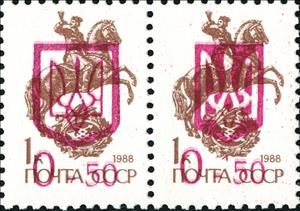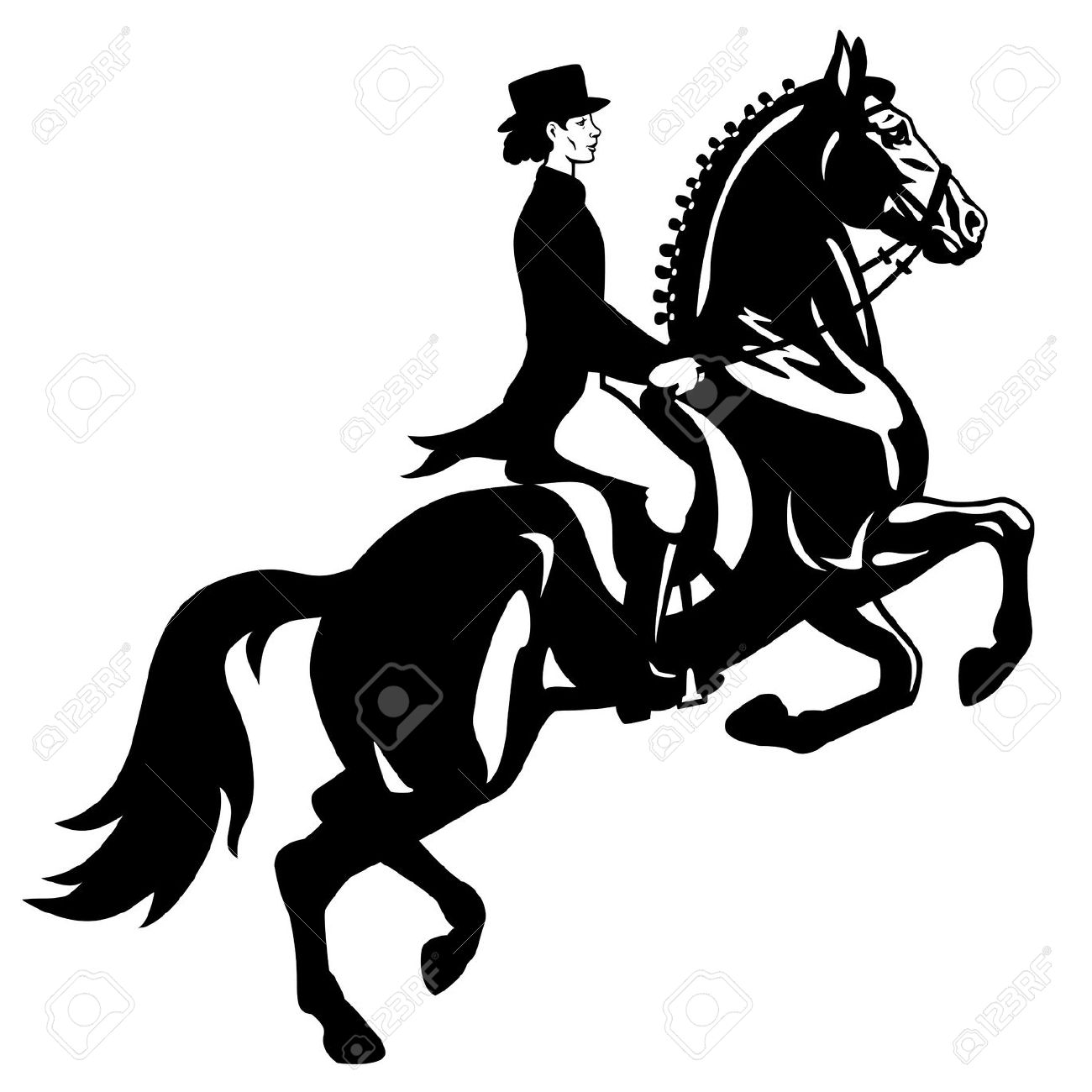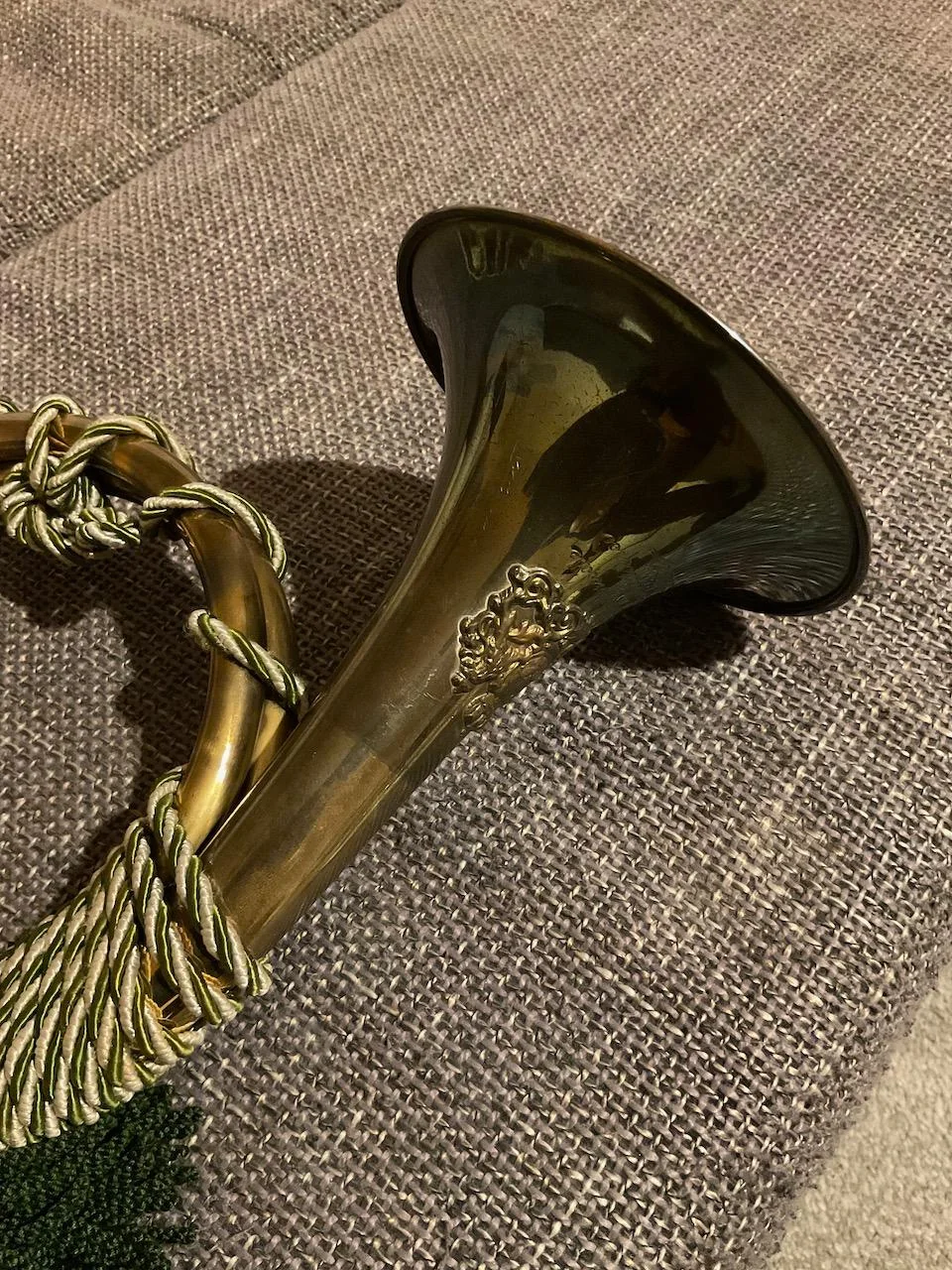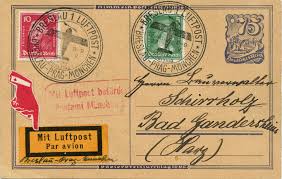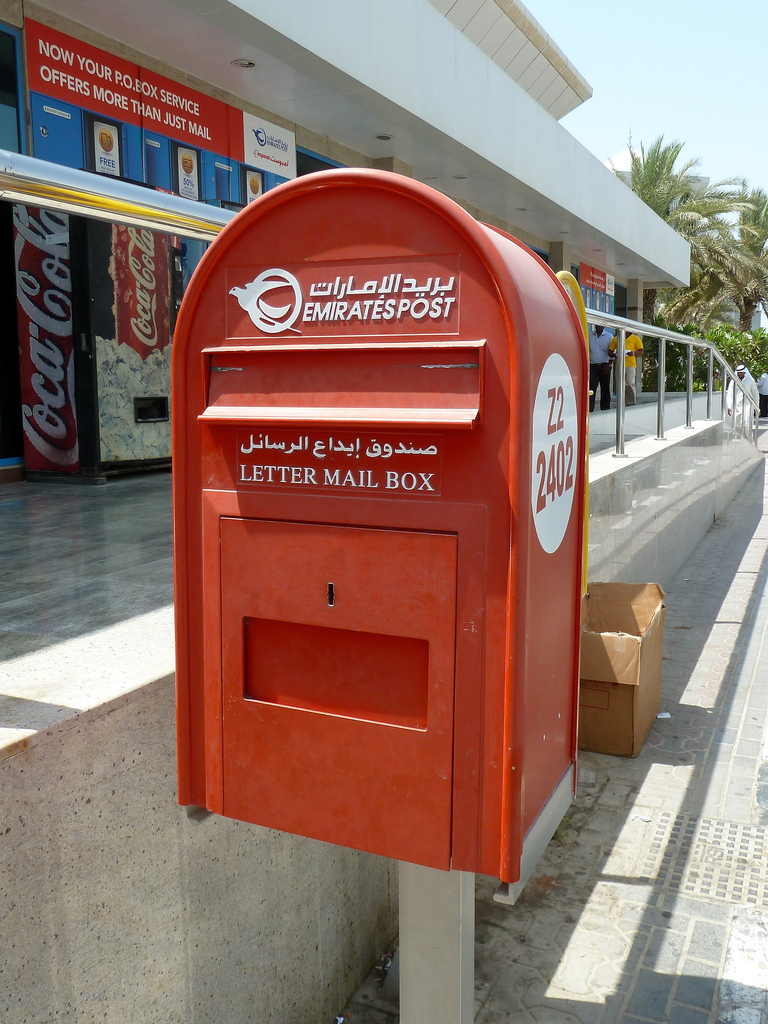Se-tenant: Kiev Emergency Double Overprint (Ukraine 1992)
Kiev Emergency Double Overprint (Ukraine 1992)
24 March (Ukraine ) within release Kiev Provisional Issue (1992) goes into circulation Se-tenant Kiev Emergency Double Overprint face value 2*0.50 Ukrainian karbovanets
| Se-tenant Kiev Emergency Double Overprint in catalogues | |
|---|---|
| Colnect codes: | Col: UA-KV 1992.03.24-02e |
Se-tenant is square format.
Vesna # 4ac+4bcAlso in the issue Kiev Provisional Issue (1992):
- Se-tenant - Kiev Emergency Double Overprint face value 2*0.50;
- Se-tenant - Kiev Emergency Inverted Overprint face value 2*0.50;
- Se-tenant - Kiev Emergency Overprint face value 2*0.50;
|
Data entry completed
50%
|
|
|---|---|
| Se-tenant Kiev Emergency Double Overprint in digits | |
| Country: | Ukraine |
| Date: | 1992-03-24 |
| Emission: | Definitive |
| Format: | Se-tenant |
| Face Value: | 2*0.50 Ukrainian karbovanets |
Se-tenant Kiev Emergency Double Overprint it reflects the thematic directions:
Stemming from military practices and a long tradition of teaching by equestrians such as La Guérinière and François Baucher, traditional French equestrianism is essentially represented at the Cadre Noir de Saumur. The practice of equestrianism has evolved towards sport and leisure, opening up to the general public. At the end of the 20th century, the sport became much more democratic, with a sharp rise in the number of riders, particularly young people and women. The teaching of equestrianism as a leisure sport in France is based on the existence of over 8,000 riding schools, which make trained horses available to the public. Their establishment is supported by the French government thanks to a reduced VAT rate from 2004 to 2013. At the end of 2013, riders and industry professionals protested against the increase in VAT on their activity.
The horse (Equus ferus caballus) is one of two extant subspecies of Equus ferus. It is an odd-toed ungulate mammal belonging to the taxonomic family Equidae. The horse has evolved over the past 45 to 55 million years from a small multi-toed creature, Eohippus, into the large, single-toed animal of today. Humans began to domesticate horses around 4000 BC, and their domestication is believed to have been widespread by 3000 BC. Horses in the subspecies caballus are domesticated, although some domesticated populations live in the wild as feral horses. These feral populations are not true wild horses, as this term is used to describe horses that have never been domesticated, such as the endangered Przewalski's horse, a separate subspecies, and the only remaining true wild horse. There is an extensive, specialized vocabulary used to describe equine-related concepts, covering everything from anatomy to life stages, size, colors, markings, breeds, locomotion, and behavior.
The post horn is a valveless cylindrical brass instrument with a cupped mouthpiece. The instrument was used to signal the arrival or departure of a post rider or mail coach. It was used by postilions of the 18th and 19th centuries.
Postal history is the study of postal systems and how they operate and, or, the study of the use of postage stamps and covers and associated postal artifacts illustrating historical episodes in the development of postal systems. The term is attributed to Robson Lowe, a professional philatelist, stamp dealer and stamp auctioneer, who made the first organised study of the subject in the 1930s and described philatelists as "students of science", but postal historians as "students of humanity". More precisely, philatelists describe postal history as the study of rates, routes, markings, and means (of transport).
The mail or post is a system for physically transporting documents and other small packages; or, the postcards, letters, and parcels themselves. A postal service can be private or public, though many governments place restrictions on private systems. Since the mid-19th century national postal systems have generally been established as government monopolies with a fee on the article prepaid. Proof of payment is often in the form of adhesive postage stamps, but postage meters are also used for bulk mailing. Modern private postal systems are typically distinguished from national postal agencies by the names "courier" or "delivery service". Postal authorities often have functions other than transporting letters. In some countries, a postal, telegraph and telephone (PTT) service oversees the postal system, in addition to telephone and telegraph systems. Some countries' postal systems allow for savings accounts and handle applications for passports.
